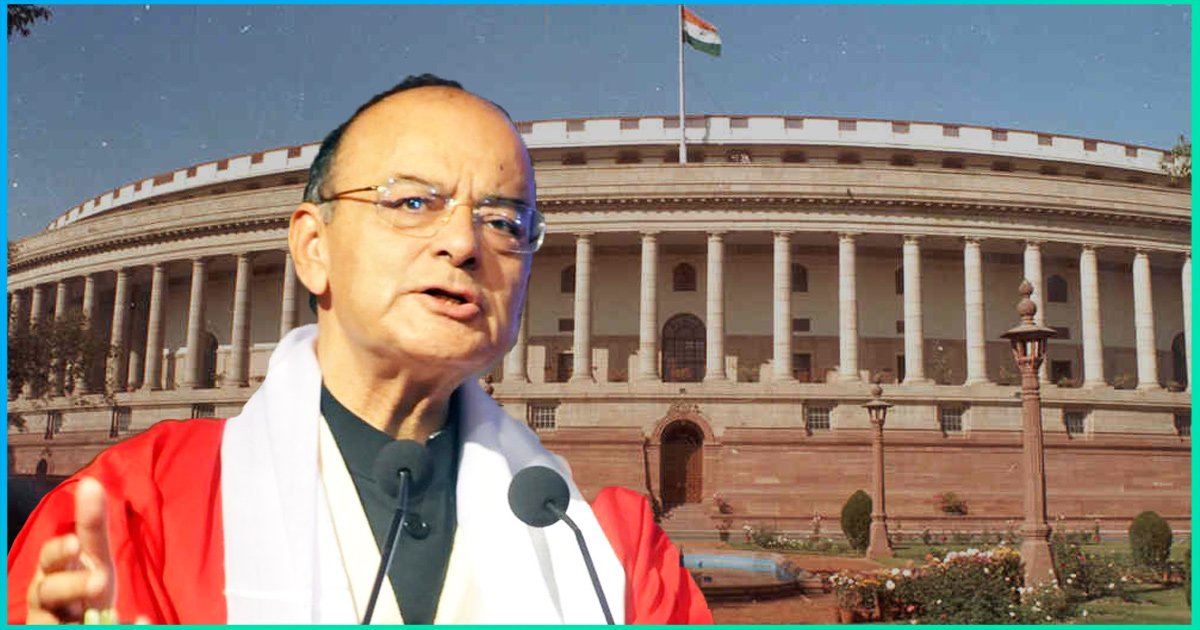
Rajya Sabha Passes Insolvency Amendment Bill, Barring Offenders From Bidding For Troubled Assets
Rajya Sabha, on Tuesday, passed the Insolvency Amendment Bill, barring offenders from bidding for troubled assets during the insolvency process. The new amendments debar unscrupulous persons from misusing the provisions of the bill. However, concerns were raised that the changes could bar genuine domestic investors from the insolvency resolution process, and adversely affect micro, small and medium enterprises (MSMEs) and lead to large-scale litigation. The ineligible persons or entities will include undischarged insolvent, wilful defaulter and those whose accounts have been classified as non-performing assets.
According to a report by The Economic Times, Finance minister Arun Jaitley said, “The same set of people would come back into management and nothing would change except that the creditors have taken a haircut.”
“The insolvency legal committee is already looking into the suggestions if you need a separate framework for MSMEs. It will submit its report in three months,” he continued.
National Company Law Tribunal (NCLT) president M M Kumar said the objective of the Insolvency and Bankruptcy Code (IBC) is to find an appropriate solution for stressed assets and liquidation would be the last resort, reports Money Control. Kumar said the idea is not to lay stress on liquidation of the companies facing insolvency proceedings.
What is the Insolvency and Bankruptcy Code?
The Insolvency and Bankruptcy Code, 2016 (IBC) is the bankruptcy law of India which seeks to consolidate the existing framework by creating a single law for insolvency and bankruptcy. IBC was introduced in Lok Sabha in December 2015 and was passed by the lower house on 5 May 2016. The bankruptcy code is a one-stop solution for resolving insolvencies which at present is a long process and does not offer an economically viable arrangement. A strong insolvency framework where the cost, time, incurred is minimised in attaining liquidation has been long overdue in India. The code will be able to protect the interests of small investors and make the process of doing business a cumbersome-less process.
 All section
All section













